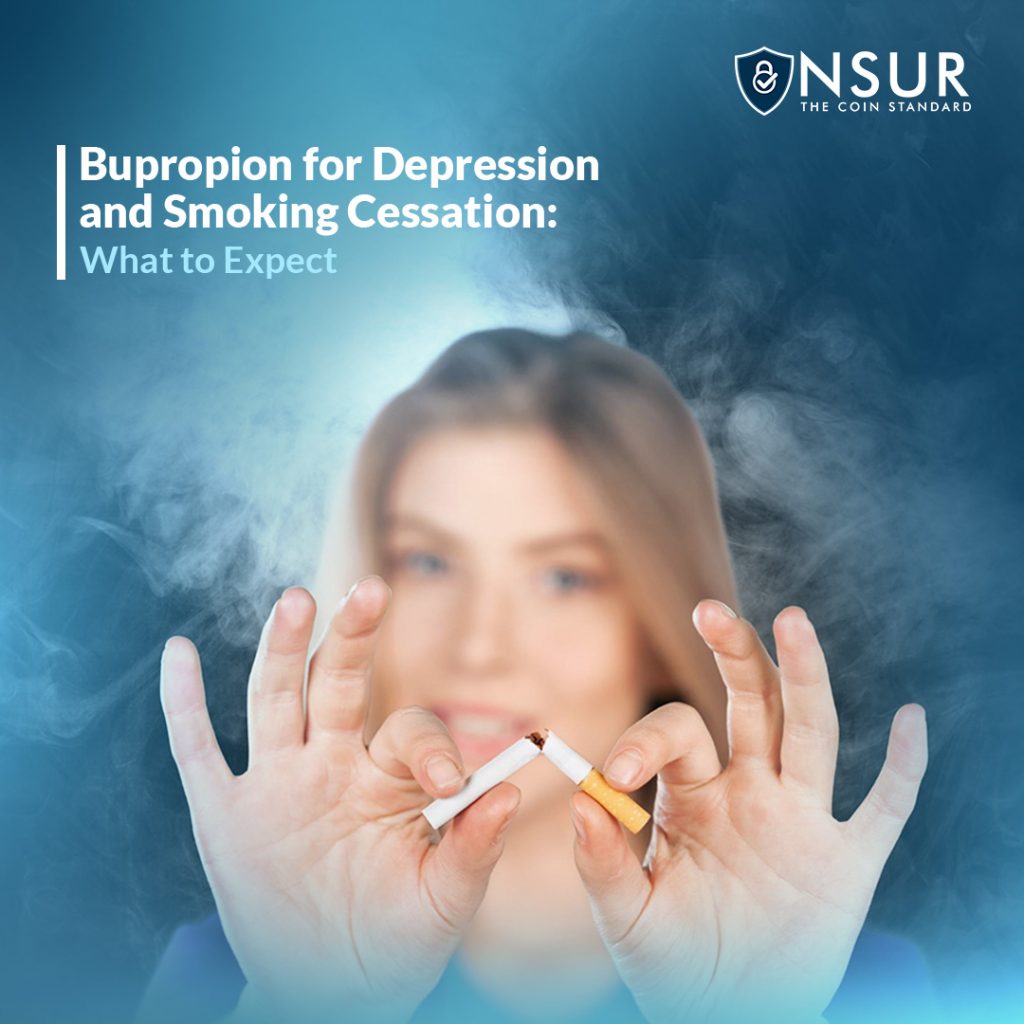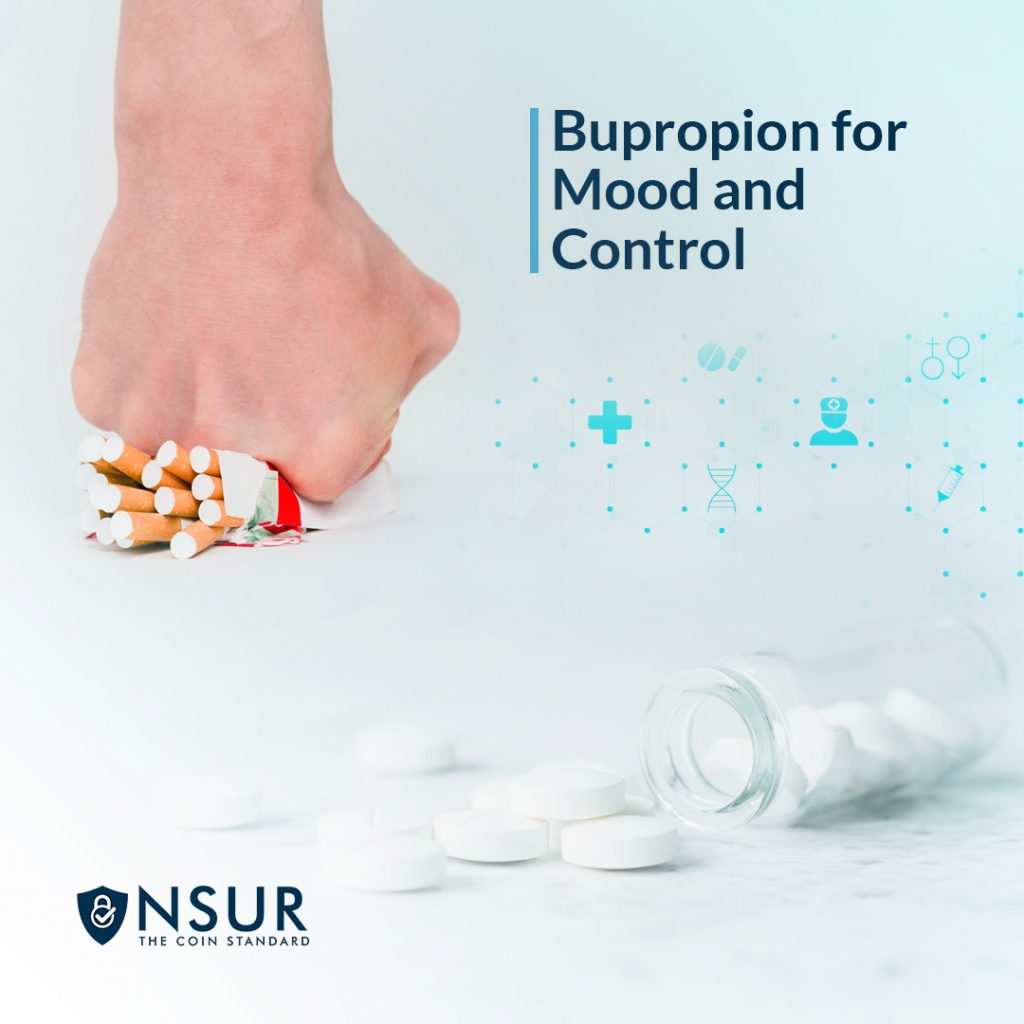
When it comes to managing depression and quitting smoking, finding an effective treatment can make a significant difference in one’s quality of life. Bupropion, commonly known by the brand name Wellbutrin, has emerged as a medication that addresses both of these challenges. In this article, we will explore the uses, benefits, potential side effects, and what you can expect when considering bupropion for depression and smoking cessation.
Understanding Bupropion and Its Mechanism
Bupropion is an atypical antidepressant that works by affecting certain chemicals in the brain, particularly norepinephrine and dopamine. By influencing these neurotransmitters, bupropion helps regulate mood and reduce cravings. This dual-action mechanism has made it a viable option for individuals seeking relief from depression while aiming to quit smoking.
Bupropion for Depression
Numerous clinical studies have shown the effectiveness of bupropion in treating depression. It is primarily prescribed for individuals with major depressive disorder (MDD) or seasonal affective disorder (SAD). As an antidepressant, bupropion can help alleviate the symptoms of sadness, loss of interest, and lack of energy that often accompany depression.
It’s important to note that individual responses to bupropion may vary, and it may take several weeks to experience the full benefits. As with any antidepressant, it’s crucial to follow your healthcare provider’s guidance and communicate any concerns or changes in symptoms.
Bupropion for Smoking Cessation
Quitting smoking is a challenging journey, but bupropion has proven to be a valuable aid in this process. The medication works by reducing nicotine cravings and withdrawal symptoms, making it easier to resist the urge to smoke. Research has shown that bupropion can significantly increase the likelihood of successfully quitting smoking, especially when used in conjunction with behavioral support or counseling.
It’s important to consult with a healthcare professional before starting bupropion for smoking cessation. They can assess your specific situation, provide personalized advice, and guide you through the recommended dosage and treatment duration.
Potential Side Effects and Precautions
Like any medication, bupropion can have side effects. Common side effects may include dry mouth, headache, nausea, insomnia, and mild agitation. These effects are usually temporary and diminish as your body adjusts to the medication. However, if these side effects persist or worsen, it is essential to inform your healthcare provider.
In rare cases, bupropion may cause more serious side effects, such as seizures or allergic reactions. It is crucial to seek immediate medical attention if you experience any unusual
symptoms or adverse reactions.
Bupropion is not suitable for everyone, and it may interact with other medications or pre-existing conditions. Therefore, it’s vital to provide your healthcare provider with a comprehensive medical history and disclose any other medications you are taking.
Take advantage of NSURx for your prescription drugs!
With the NSURx Prescription Benefit Card, you can save money on your medications at more than 35,000 pharmacies across the United States.
You can save up to 80% on your medication by using an NSURx card. Hundreds of dollars in savings could be yours every time you fill out your prescription.
The more you shop with NSURx, the more NSUR Coins you will receive as a reward.
Bupropion, known by the brand name Wellbutrin, has become a valuable medication for individuals struggling with depression and those striving to quit smoking. Its dual-action mechanism offers the potential for alleviating depressive symptoms and reducing cravings associated with nicotine addiction.
As with any medication, bupropion has potential side effects and considerations that need to be discussed with a healthcare professional. Your healthcare provider will evaluate your unique situation, weigh the benefits and risks, and guide you through the appropriate treatment plan.
If you are experiencing depression or aiming to quit smoking, consult with your healthcare provider to determine if bupropion may be a suitable option for you. Remember, professional guidance and support are crucial throughout the treatment process.
References:











